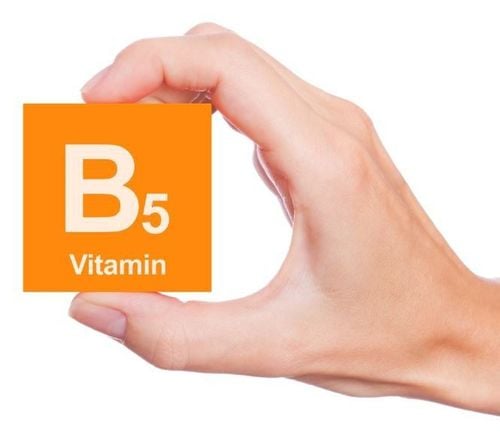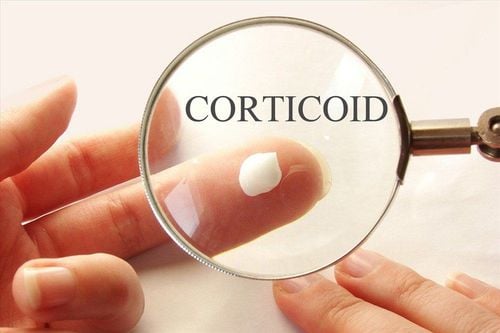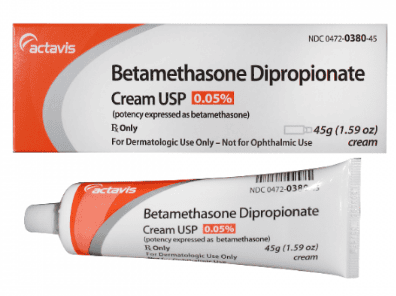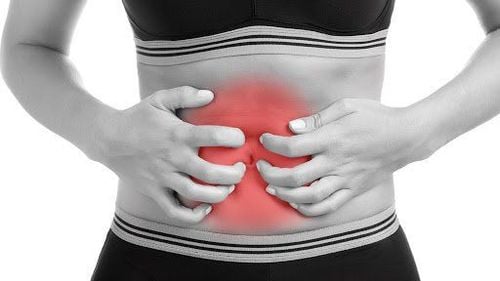This is an automatically translated article.
Psoriasis is affected by many factors, including the food that we consume. This article will list the foods we should eat and should limit or avoid when we have psoriasis.
1. General information
When it comes to psoriasis, reducing triggers is an important part of managing the condition and avoiding flare-ups. Psoriasis outbreaks can be caused by a variety of triggers, such as bad weather, excessive stress, and possibly certain foods.
The wisest way is to limit your intake of foods that are likely to trigger a psoriasis flare-up. Increase the incorporation of helpful foods into certain diets as part of a treatment plan for psoriasis.
2. What to eat with psoriasis?
With psoriasis, it is very important to avoid foods that can trigger inflammation. Inflammation is an immune system response that can lead to a psoriasis flare-up.
Red meat and milk Both red meat and dairy contain a polyunsaturated fatty acid called arachidonic acid. Research has shown that arachidonic acid by-products may play a role in the creation of psoriatic lesions. Foods that people with psoriasis should avoid include: red meat, especially hot dogs, bacon and other processed red meats, eggs.
Gluten You may be wondering if psoriasis would get better if we went on a gluten-free diet. The gluten-free eating plan works well for people with celiac disease, which is an autoimmune disease. Research shows that people with psoriasis are more likely to also have another autoimmune disease.
Celiac disease is a health condition characterized by an autoimmune reaction to the protein gluten. People with psoriasis often show signs of increased gluten. If you have psoriasis and are sensitive to gluten. It is important to stop eating foods that contain gluten. Foods to avoid include: wheat, rye, barley and malt pasta, noodles and certain processed foods, sauces and condiments, beer and malt beverages.
Processed Foods Eating too many processed, high-calorie foods can lead to obesity, metabolic syndrome and a host of chronic health conditions. Foods to avoid include: processed meats, prepackaged food products, canned fruits and vegetables, any processed foods high in sugar, salt, and fat.
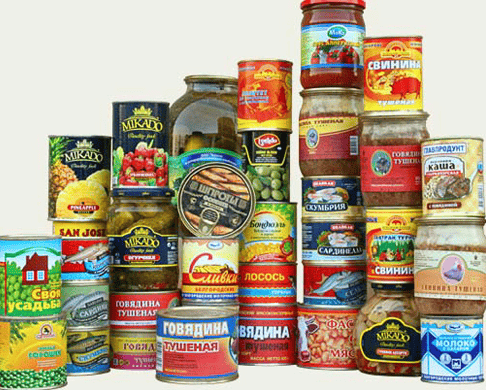
Bệnh vẩy nến nên kiêng ăn thực phẩm chế biến sẵn
Nightshade One of the most common triggers seen in psoriasis is the consumption of nightshade. Nightshade contains solanine, which affects digestion and can cause inflammation. Foods to avoid include: tomatoes, potatoes, eggplant, peppers
Alcohol Autoimmune flare-ups are linked to immune system health. Alcohol is a psoriasis trigger due to its disruptive effects on the immune system. If you have psoriasis, it's best to limit your alcohol intake.
Although the link between alcohol and psoriasis is not completely clear, experts say people with psoriasis should limit their alcohol intake. If drinking, no more than two drinks per day for men and no more than one drink per day for women.
Studies also show that people who drink a lot of alcohol also do not respond to psoriasis treatments. And some other studies show that people with psoriasis get better when they reduce or stop drinking alcohol.
In cases where the condition is particularly severe or the patient has to take certain medications, such as methotrexate and acitretin, the doctor will ask not to drink alcohol.

Tránh xa rượu bia có lợi cho việc điều trị bệnh vẩy nến
3. Foods to Eat If You Have Psoriasis
With psoriasis, a diet rich in anti-inflammatory foods can reduce the severity of the disease. Psoriasis is an inflammatory condition, so the condition may be better controlled by eating more anti-inflammatory foods.
Some studies show that antioxidants, such as vitamin C, vitamin E, beta-carotene and selenium, fatty acids from fish oil are also effective in improving the condition. We can find anti-inflammatory agents in foods like:
Fruits and vegetables Almost all anti-inflammatory diets include fruits and vegetables. Fruits and vegetables are high in antioxidants, which are compounds that reduce stress and fight inflammation.
A diet rich in fruits and vegetables is recommended for people suffering from inflammatory problems such as psoriasis. Foods to eat include: broccoli, cauliflower and sprouts, Brussels sprouts, green leafy vegetables, such as kale, spinach and berries, blueberries, strawberries and raspberries cherries, grapes and other fruits other dark plants.
Fish Fats A diet rich in fish can provide the body with anti-inflammatory omega-3s. Omega-3 intake has been linked to a reduction in inflammatory substances and overall reduction in inflammation. Types of fish to eat include: fresh and canned salmon, sardines, cod.
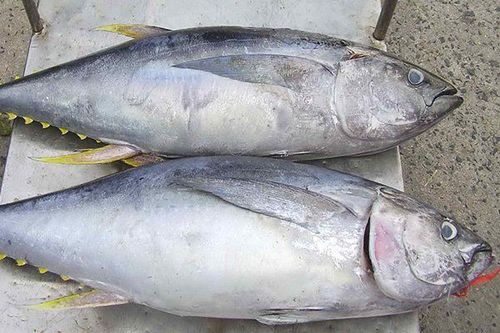
Omega-3 có tác dụng chống viêm
Heart-healthy oils Like fish fats, some vegetable oils also contain anti-inflammatory fatty acids. It's important to focus on oils with a higher ratio of omega-3 to omega-6 fatty acids. Oils to eat include: olive oil, coconut oil, flaxseed oil, safflower oil
Nutritional Supplements A 2013 review of the research literature found that nutritional supplements can help reduce inflammation in psoriasis. Fish oil, vitamin D, vitamin B-12, and selenium have all been studied and shown to work well for psoriasis. Benefits of supplementing with these nutrients may include reducing the frequency and severity of medical conditions.
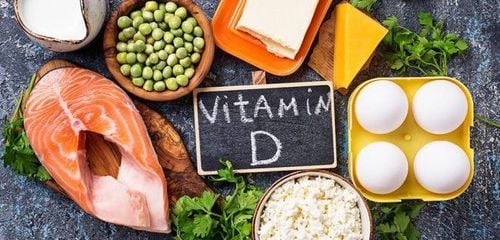
Thực phẩm chứa vitamin D có tác dụng cải thiện bệnh bệnh vẩy nến tốt
4. Diet
Not all diets are good for psoriasis. Here are some options you can consider when choosing the best diet for your condition.
Pagano Diet This is a diet created by Dr. Pagano, it is well known in the healthcare community for its psoriasis cure through diet. In his book Psoriasis Cure, he describes how a healthy diet and lifestyle can improve psoriasis naturally.
Dr. Pagano's diet method, including: consume lots of fruits and vegetables, limit grains, meat, seafood, dairy and eggs completely avoid red meat, avoid staying up late, avoid processed foods . A 2017 survey of more than 1,200 people with psoriasis indicated that the Pagano diet was one of the most successful diets for improving psoriasis outcomes.
Gluten-free diet In people with psoriasis and gluten sensitivity, a gluten-free diet can be very helpful. A small 2018 study found that even people with mild gluten sensitivities can fit into a gluten-free diet. Of the 13 participants on the gluten-free diet, all observed an improvement in their psoriatic lesions.
Vegan A vegan diet may also be beneficial for people with psoriasis. This diet is high in anti-inflammatory foods like fruits, vegetables, and healthy oils. Like Dr. Pagano's diet, the vegan diet also showed favorable results in study participants with psoriasis.
People who are overweight or obese are more likely to have psoriasis than others, and once they have psoriasis, their symptoms tend to get worse. Losing weight can make your skin better. This may be because fat cells make certain proteins that can trigger inflammation and make the condition better.
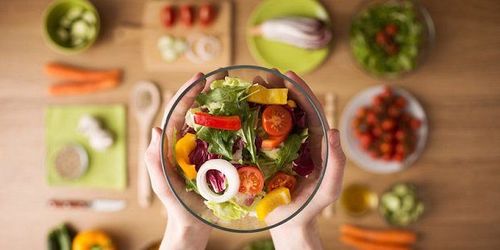
Chế độ ăn chay có lợi cho những người bị bệnh vẩy nến
Mediterranean Diet The Mediterranean diet is well known for its many health benefits, including a reduced risk of several chronic diseases. This diet focuses on foods that are high in antioxidants and healthy fats. It limits foods that are generally considered to cause inflammation.
In a 2015 study, researchers found that people who adhered to elements of the Mediterranean diet had less severe disease.
Paleo Diet This diet focuses on eating whole foods and avoiding processed foods. Since many whole foods contain anti-inflammatory compounds, this diet may prove to be beneficial for people with psoriasis.
Unlike Dr. Pagano's diet, this one involves eating a lot of meat and fish. However, a 2017 study found this diet to be the third most effective diet in people with psoriasis.
Autoimmune Diet The Autoimmune Diet (AIP) focuses on eliminating foods that can cause inflammation. This diet is extremely restrictive and consists mainly of vegetables and meat, with some oils and herbs mixed in.
It may not be suitable for people with psoriasis, as too much meat is considered a trigger for flare-ups. Additionally, it is not intended as a long-term dietary intervention.
Keto Diet This popular low-carb diet has many health benefits, like weight loss and improved nutrients. It's true that reducing carbohydrates can help reduce your intake of processed foods.
However, reducing carbohydrates also means reducing many anti-inflammatory fruits and vegetables. It also requires increased protein from meat. Because certain keto foods can be a trigger in people with psoriasis, this diet may not be recommended.
Many autoimmune conditions like psoriasis can be improved by dietary changes. If you have psoriasis, you should eat plenty of anti-inflammatory foods, like fruits, vegetables, and healthy oils, and should avoid foods that cause inflammation, such as meat, dairy, and processed foods. Changes in diet can help reduce the frequency and severity of the disease.
KPlease make an appointment on the website for the best service.
Articles refer to the source: healthline.com
Please dial HOTLINE for more information or register for an appointment HERE. Download MyVinmec app to make appointments faster and to manage your bookings easily.




